A prominent Aberdeen doctor who co-founded one of the country’s largest cancer charities has opened up about his career with a new podcast.
James N’Dow was instrumental in the launch of Ucan in 2006, which funded Scotland’s first dedicated urological cancer care centre.
He’s since launched Horizons, a social enterprise transforming maternal and infant care in his home country, The Gambia.
And, on top of that, he’s also a professor of urological surgery at Aberdeen University and one of seven recently appointed Deputy Lieutenants of Aberdeenshire.
Now Dr N’Dow has launched a new podcast, N’Down to the Wire, where he discusses his achievements – and what’s next on the horizon.
Ucan’s origin story
The first episode, released today, revisits the early days of Ucan – including a somewhat controversial ad campaign.
It tells the story through the eyes of a specialist nurse who was there on day one, and Dr N’Dow’s own three children.
He was first inspired to take up medicine by his father, who was also a doctor.
After having “no clarity” on the future after his A-Levels, he was given a British Council scholarship “out of the blue” for medicine Aberdeen University.
Having travelled one-way to the north-east, and struggling with the region’s cold temperatures and unfamiliar accent, he battled through the course.
“I had no plan B, I had to make this a success,” he said.
After graduating, he continued working in Aberdeen and saw a need to help patients feeling “abandoned” while seeing cancer treatment.
Dr N’Dow, 56, told the podcast: “We were used to seeing patients in clinics, spending five or 10 minutes giving them bad news, then going home. How terrible is that?
“When they were diagnosed with cancer we’d do our very best to cure them.
“But when we discharged them, we thought the GPs were looking after them, and the GPs thought we were still looking after them.
“Frankly they felt abandoned. We needed to figure out how we’d address this.”
His effects led to a specialist Ucan centre at Aberdeen Royal Infirmary, which was officially opened by then-Health Secretary Nicola Sturgeon in 2008.
In the new podcast, Dr N’Dow also reveals the story behind the charity’s “shocking” ad campaign, which included an image of a man covering his genitals.
The picture was even emblazoned on the side of an Aberdeen bus – but the doctor says it was crucial for spreading the message.
“The north-east man is brave, hard and strong, and talking about prostate and testicular cancer is not something they do naturally,” he explained.
“To encourage them to break the ice, we had to do some interesting things.”
What’s planned for the next episodes?
Future episodes will look at Aberdeen University’s role in urological cancer research and the difference it can make to people’s lives.
It’ll also explore the surgeon’s role as adjunct secretary general at the European Association of Urology, and his work with Horizons.
Through this, he makes around six visits to The Gambia every year with other medical professionals to provide training and support at public hospitals.
Dr N’Dow said he’s speaking out to help raise awareness of his work.
And he stresses that he wouldn’t have been able to achieve these successes on his own.
“I always work in teams,” he tells the podcast.
“Even though I may be associated as the face of a project, a lot of the work is done by others and people don’t see that.”
N’Down to the Wire by James N’Dow is available to stream and download now.
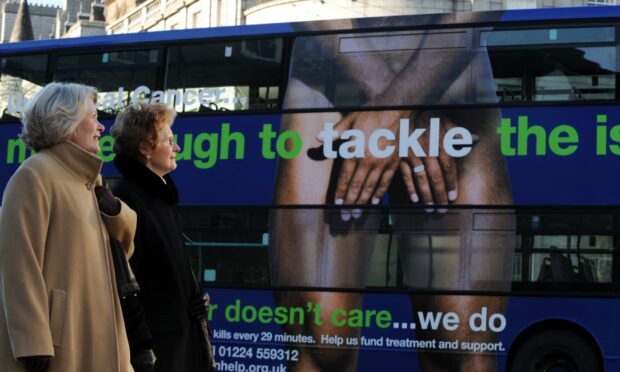
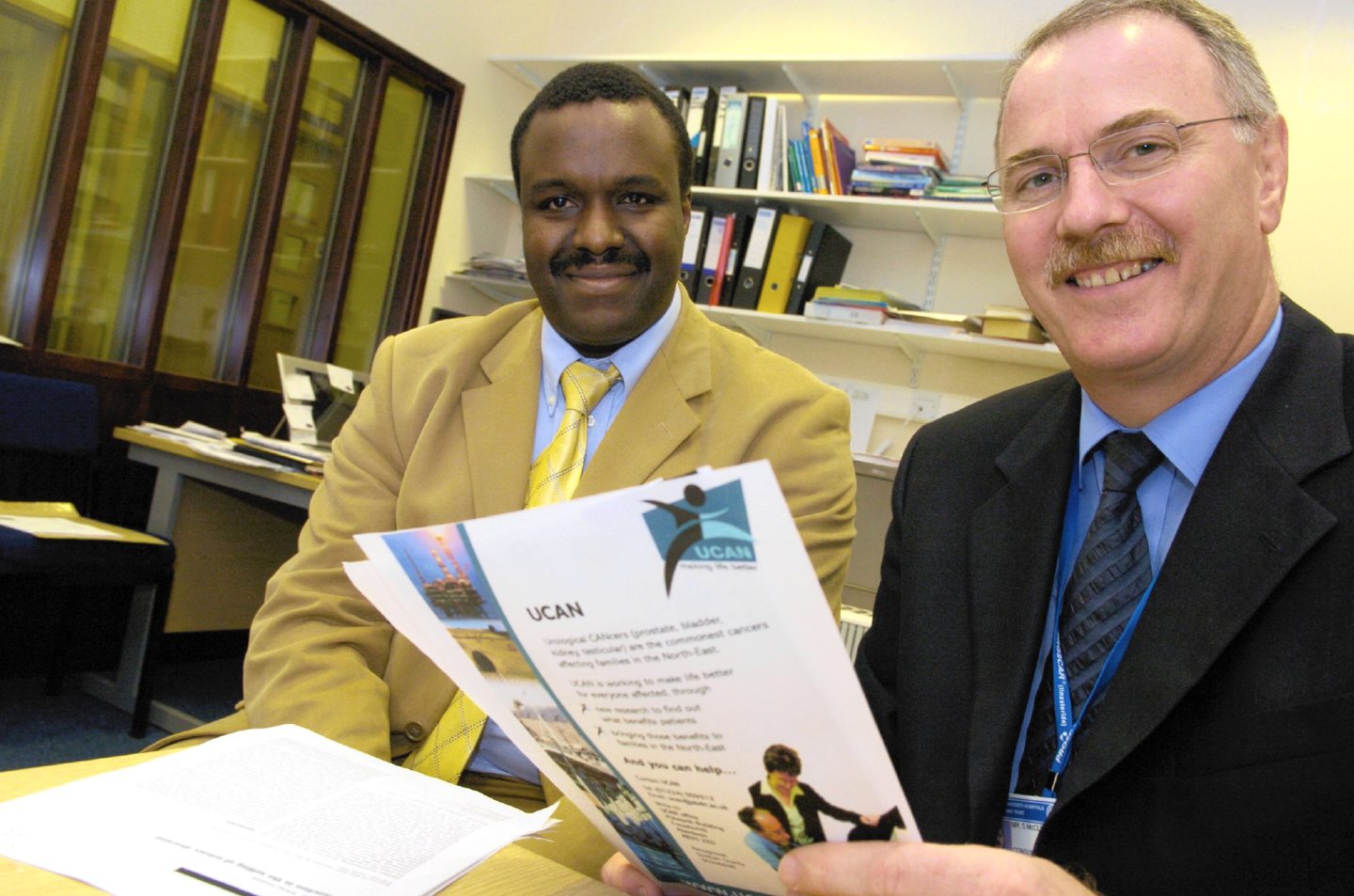
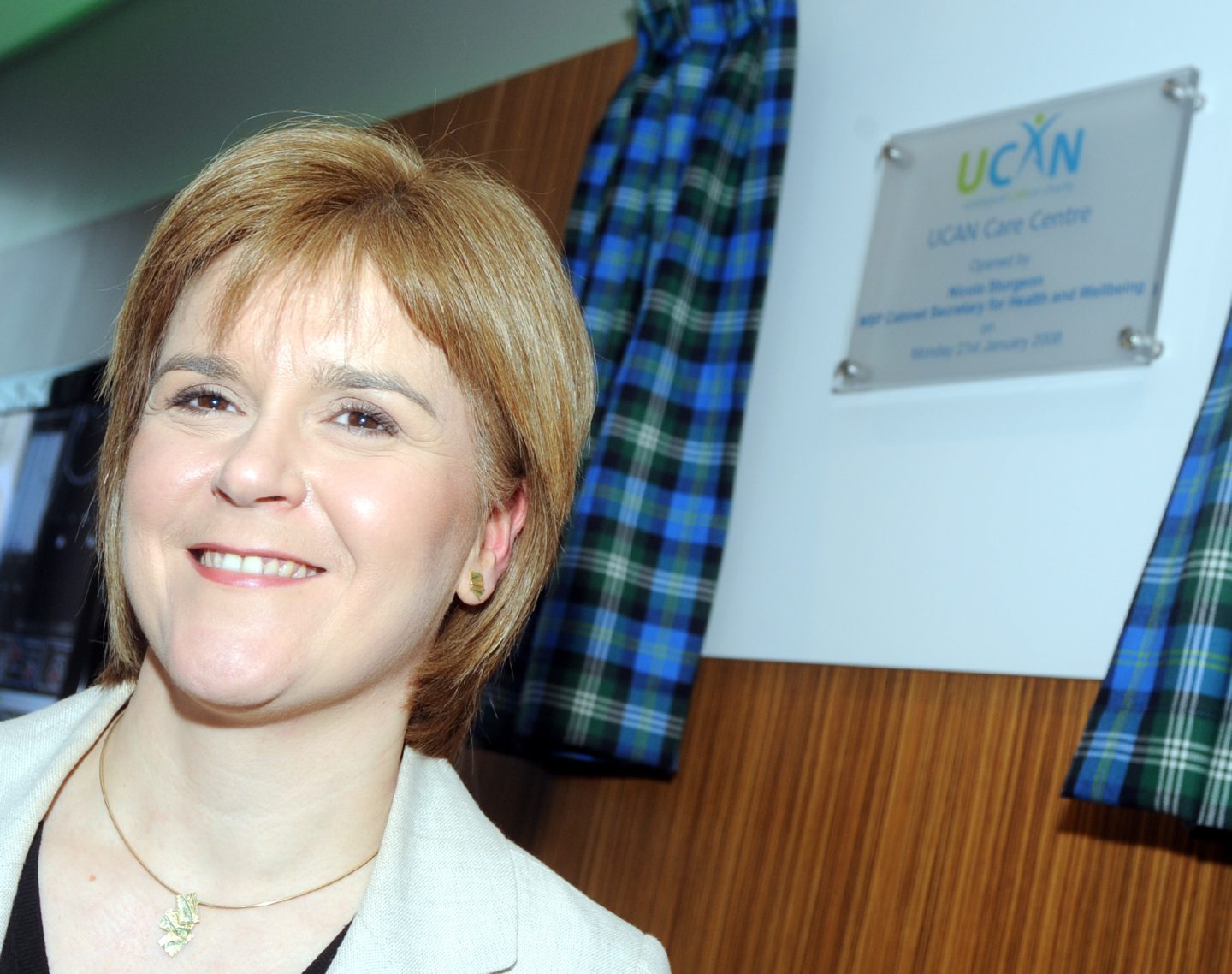
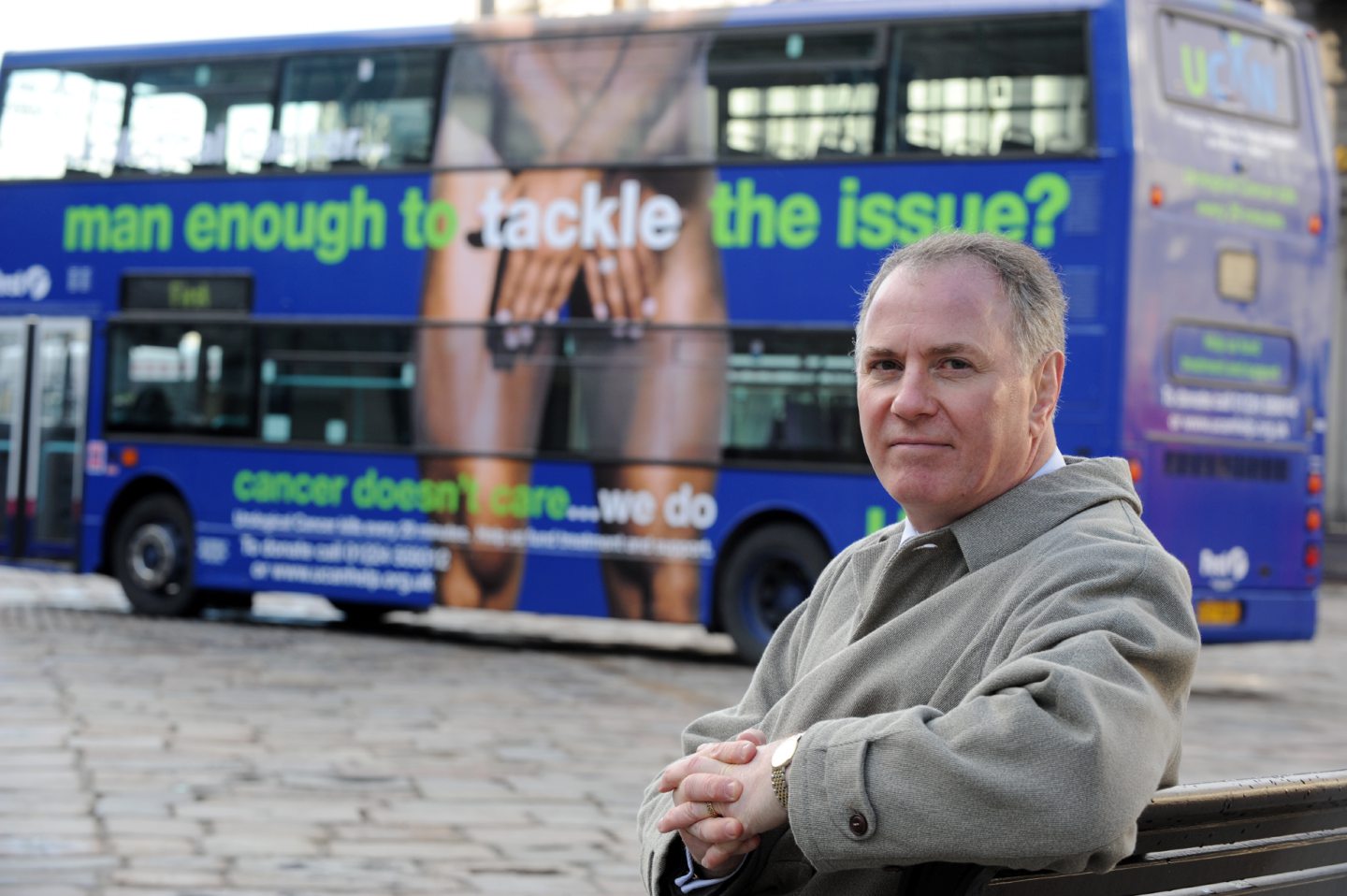
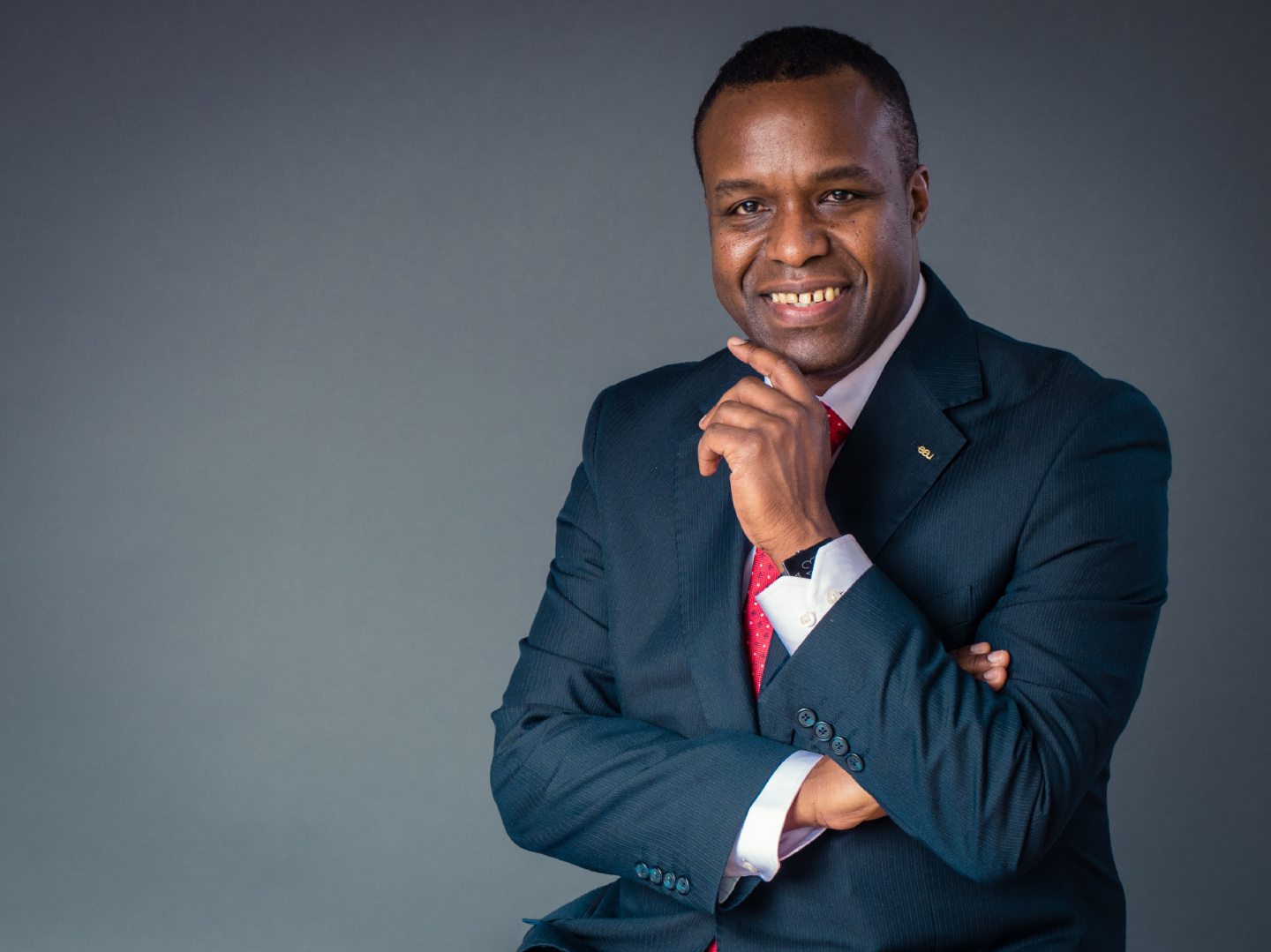
Conversation